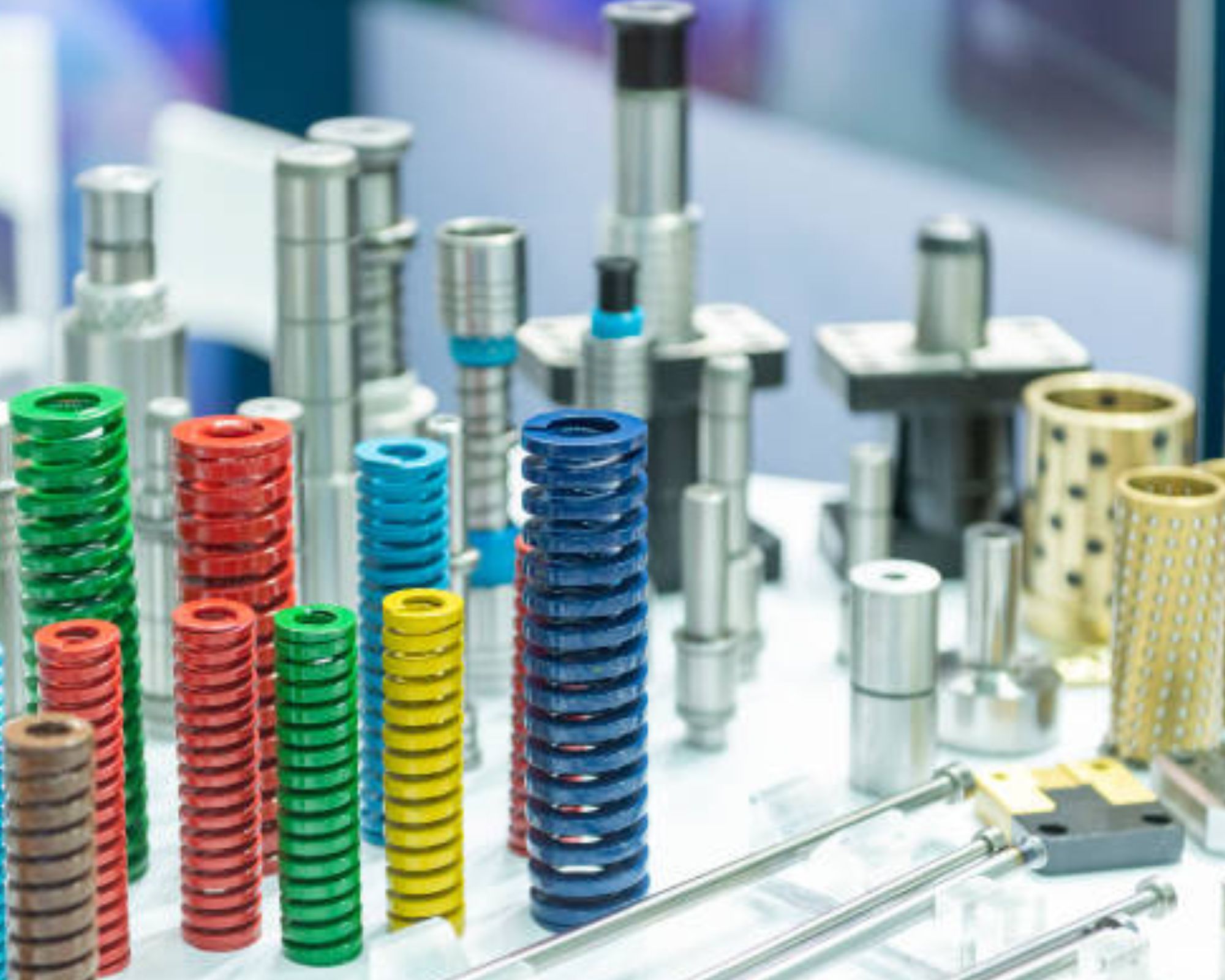Introduction
The importance of precision and reliability cannot be overstated in the aerospace industry. Fasteners, though often overlooked, play a critical role in the safety and performance of aircraft.
As aerospace technology evolves, so do the components that underpin its success. Innovative fasteners are at the forefront of this evolution, providing the foundation for ever-safer and more efficient air travel. The need for higher performance and safety standards in modern aviation drives this evolution.
The Importance of Fasteners in Aerospace
Fasteners are essential components in aerospace engineering, ensuring that various parts of an aircraft remain securely connected. They are designed to withstand extreme conditions, from high altitudes and varied temperatures to intense vibrations. The development of advanced aircraft hardware has bolstered the stability and efficiency of both commercial and military aircraft. These fasteners are not just simple bolts and nuts; they are highly engineered components crucial to maintaining an aircraft’s integrity.
Given their critical role, fasteners require careful consideration in selection and application. High-performance fasteners ensure structural integrity, boosting aircraft reliability and safety overall. The unique challenges faced during flight operations make the quality and durability of these fasteners paramount.
Materials and Coatings: Innovations in Fasteners
Innovative materials such as titanium and high-strength alloys are commonly used in aerospace fasteners. These materials offer a high strength-to-weight ratio, which is crucial for maintaining aircraft performance and fuel efficiency. Additionally, specialized coatings, such as anti-corrosion layers, enhance the durability of fasteners, ensuring longevity and reliability in harsh environments.
For example, titanium fasteners are solid and corrosion-resistant, making them ideal for use in fuselages and wings of modern aircraft. Advancements in material science have enabled the production of fasteners that can endure the dynamic loads and stresses encountered during flights, thus safeguarding the structural components that bind together.
Technological Advancements
The aerospace industry is continuously evolving with technological advancements. Innovations such as cold heading and hot forging have significantly improved the manufacturing process of fasteners. These advancements ensure precision and uniformity in each piece, which is critical for maintaining the structural integrity of aircraft. Precise machining processes and strict quality controls ensure that every fastener meets the specifications.
Moreover, integrating real-time monitoring systems allows for the detection of any potential failures in fasteners, thereby enhancing safety measures. Innovative fasteners equipped with sensors can notify maintenance crews of any issues before they become critical, allowing for timely interventions. The industry is also exploring the potential of intelligent materials that can detect and respond to environmental changes, further advancing the reliability and functionality of aerospace fasteners.
Adhering to Safety Standards
Compliance with stringent safety standards is non-negotiable in aerospace engineering. Regulatory bodies such as the Federal Aviation Administration (FAA) and the European Union Aviation Safety Agency (EASA) set comprehensive guidelines for manufacturing and testing aerospace fasteners. These standards ensure that each fastener can withstand the rigorous demands of flight. Strict adherence to these standards is essential for the certification and operation of aircraft around the globe.
Manufacturers must conduct extensive testing and quality assurance processes to meet these stringent standards. These tests include stress testing, corrosion resistance testing, and fatigue testing, ensuring the fasteners perform reliably throughout the aircraft’s lifecycle. The role of regulatory bodies in maintaining these high standards cannot be understated, as they ensure that the industry operates within safe parameters.
Real-World Applications
The application of advanced fasteners extends beyond commercial aviation into military aircraft, spacecraft, and even uncrewed aerial vehicles (UAVs). For instance, the F-35 fighter jet relies heavily on advanced fasteners to maintain its stealth and performance capabilities. These fasteners are designed to be lightweight yet incredibly strong, contributing to the aircraft’s agility and operational efficiency.
The demand for innovative fasteners is growing in commercial aviation, driven by the need for lighter, more fuel-efficient aircraft. Companies across the aerospace sector are continually seeking ways to enhance the performance and safety of their fleets. Notable advancements and the heightened focus on efficiency are documented in industry reports by organizations such as Engineering.com.
Future Trends in Aerospace Fasteners
The future of aerospace fasteners looks promising with ongoing research and development. Emerging trends such as additive manufacturing (3D printing) are poised to revolutionize how fasteners are designed and produced. Additive manufacturing offers unprecedented potential for the aerospace industry by facilitating more complex designs and reducing waste. This technology enables the production of customized fasteners tailored to specific applications, enhancing performance and reducing manufacturing costs.
Furthermore, integrating intelligent materials that can self-heal or change properties in response to external stimuli is an exciting development. These materials can significantly enhance the functionality and safety of fasteners, paving the way for the next generation of aerospace components. As research and development continue, the industry can expect to see more innovative solutions that address the unique challenges of aerospace engineering.
